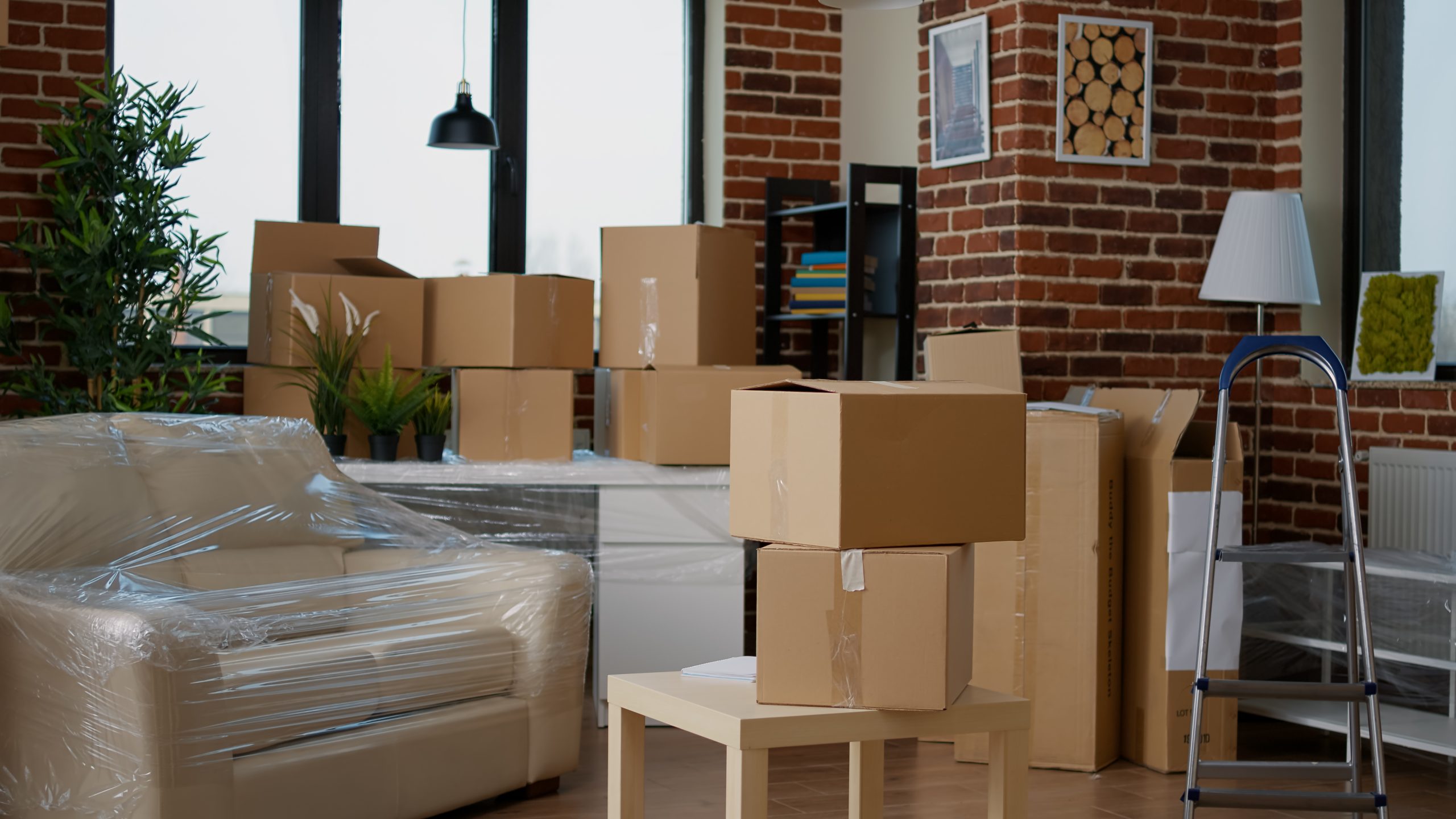When storing furniture and appliances, following the right practices can make all the difference in preserving their condition. Whether you’re storing them during a move, renovation, or to free up space, proper care ensures your items remain functional and damage-free. Here are the best practices for safely storing furniture and appliances.
1. Clean Everything Thoroughly
Before placing any furniture or appliances in storage, make sure they are thoroughly cleaned. Dust, dirt, and moisture can lead to mold, mildew, and even pest infestations. For furniture, wipe down wooden surfaces with a gentle cleaner and polish them to prevent cracking or drying out. Upholstered furniture should be vacuumed and treated for stains. When it comes to appliances, clean the interiors, exteriors, and any filters to prevent odors and bacteria buildup while in storage.
2. Disassemble Large Furniture
For bulky furniture like beds, tables, and couches, disassembling them can help save space and prevent damage. Remove legs, arms, cushions, and any detachable parts. Store screws, bolts, and small pieces in labeled bags, and tape them to the furniture for easy reassembly later. This not only helps you optimize your storage unit but also reduces the risk of items becoming warped or broken.
3. Use Protective Covers
Protecting your furniture and appliances with proper covers is essential. Use breathable covers, such as cotton sheets or specialized furniture covers, to protect items from dust and dirt. Avoid using plastic directly on furniture as it can trap moisture and lead to mold or mildew. For mattresses, use a mattress bag to keep them clean and free from dust mites.
4. Safeguard Against Moisture
Moisture is the enemy of both furniture and appliances. To keep your items safe, consider renting a climate-controlled storage unit. This type of unit maintains a stable temperature and humidity level, preventing moisture buildup, which can damage wood, fabric, and electronic components. If climate control isn’t an option, placing moisture-absorbing products like silica gel or dehumidifiers in the unit can also help.
5. Wrap Appliances with Care
Appliances, especially those with electronic components, need extra attention when stored. After cleaning, make sure they are completely dry. Moisture left in refrigerators, washing machines, or dishwashers can cause mold and mildew. Leave refrigerator and appliance doors slightly open to allow airflow. For protection, wrap cords and secure them to prevent tangling or damage, and use moving blankets or bubble wrap to protect delicate parts from impact during storage.
6. Store Furniture and Appliances Off the Ground
Whenever possible, keep your items elevated off the ground. Using pallets or shelves can protect your belongings from potential water damage in case of flooding or leaks. Keeping furniture and appliances off the floor also promotes better air circulation, reducing the risk of moisture buildup.
7. Avoid Stacking Heavy Items
While stacking can save space, avoid placing heavy items on top of delicate furniture or appliances. This can lead to dents, scratches, or even irreversible damage. If you need to stack, place lighter, less fragile items on top, and use padding between layers to avoid direct contact and pressure.
8. Label Everything
Proper organization is key to making storage easier and more efficient. Label your boxes and wrapped furniture so you can quickly locate items without having to open everything up. For appliances, consider labeling cables, plugs, and parts to make reassembly hassle-free when the time comes to use them again.
9. Check Your Storage Facility’s Conditions
Before committing to a storage unit, inspect the facility’s conditions. Ensure that the unit is clean, dry, and secure. Look for facilities that offer climate control if you’re storing valuable or sensitive items. Proper ventilation, pest control, and security measures will provide extra peace of mind when storing furniture and appliances.
10. Insure Your Items
Lastly, consider insuring your furniture and appliances while they’re in storage. Even with the best precautions, accidents can happen. Storage insurance can cover potential damage or theft, giving you added protection and peace of mind.
By following these best practices, you can ensure that your furniture and appliances remain in excellent condition while in storage. At Rent Storage Space, we help you find trusted storage facilities that offer the features you need to keep your belongings safe and secure, no matter how long you need to store them.





Leave a Reply